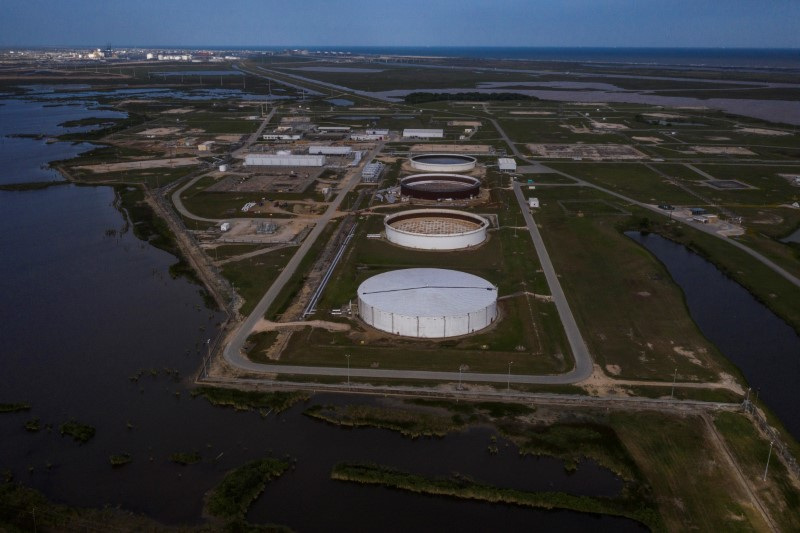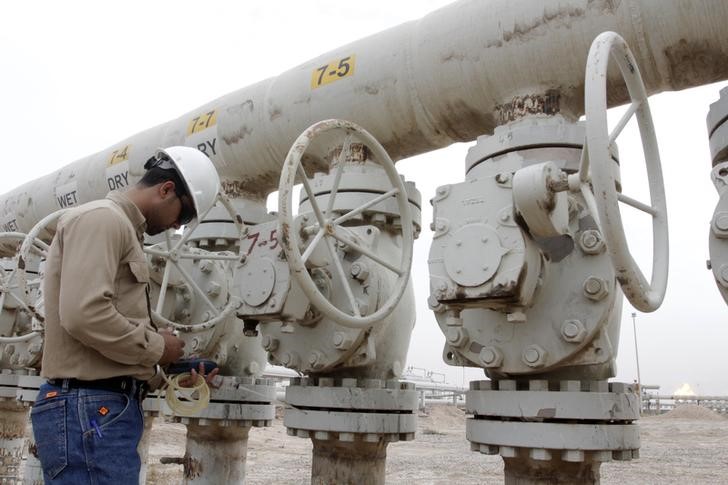By Nicole Jao
NEW YORK (Reuters) -Oil prices rose more than $1 a barrel on Thursday after U.S. economic data eased fears of a recession in the world’s largest economy, although the rally was limited by concerns about slower global demand.
futures closed down $1.28, or 1.6%, at $81.04 a barrel. U.S. West Texas Intermediate crude futures rose $1.18, or 1.53%, to $78.16.
Data shows US retail sales rose more than expected in July. Another report showed a smaller-than-expected increase in the number of Americans filing for unemployment benefits.
“The positive economic data serves as an indicator that we are headed for a soft landing,” said Bob Yawger, director of energy futures at Mizuho in New York.
Labor Department data showed Wednesday that U.S. consumer prices rose moderately in July. This reinforced expectations that the Federal Reserve will cut interest rates next month, which could boost economic activity and oil consumption.
Oil prices were also supported by concerns about how Iran would respond to the killing of the leader of the Palestinian militant group Hamas last month.
“Geopolitics and the risk of a spreading conflict in the Middle East are supporting prices, while threats of retaliation are growing louder,” said Tim Snyder, chief economist at Matador Economics.
A new round of ceasefire negotiations in Gaza was underway in the Qatari capital Doha after Palestinian health authorities said the death toll from the war had surpassed 40,000 and pressure to end the war in Palestinian enclave increased.
The conflict between Russia and Ukraine also kept prices high. Russia said on Thursday it would strengthen border defenses, improve command and control and send additional troops, days after Ukraine carried out the biggest attack on its sovereign territory since World War II.
Both major oil benchmarks were down more than 1% on Wednesday after stocks unexpectedly rose.

U.S. crude inventories rose by 1.4 million barrels in the week ended Aug. 9, compared with estimates of a decline of 2.2 million barrels, rising for the first time since late June. [EIA/S]
China’s factory output growth slowed in July while refinery output fell for a fourth month, underscoring the country’s weak economic recovery and limiting upside potential for crude markets on Thursday.


